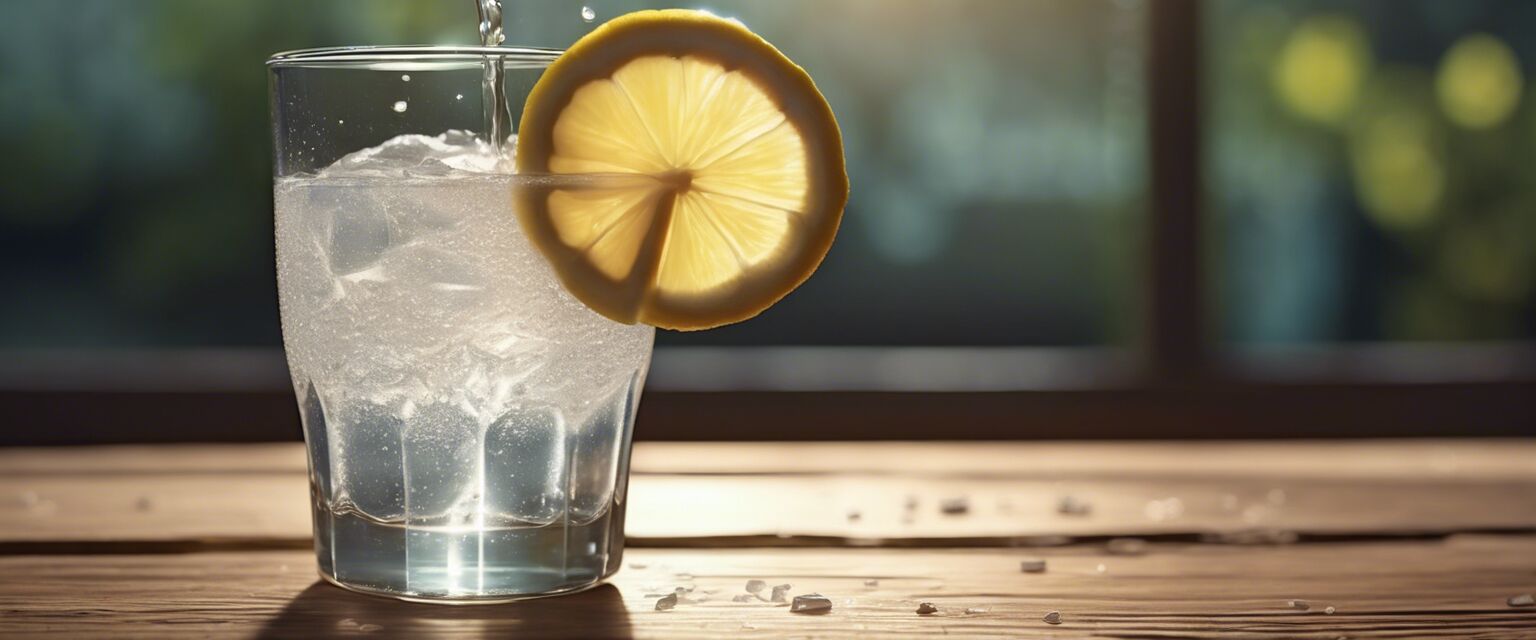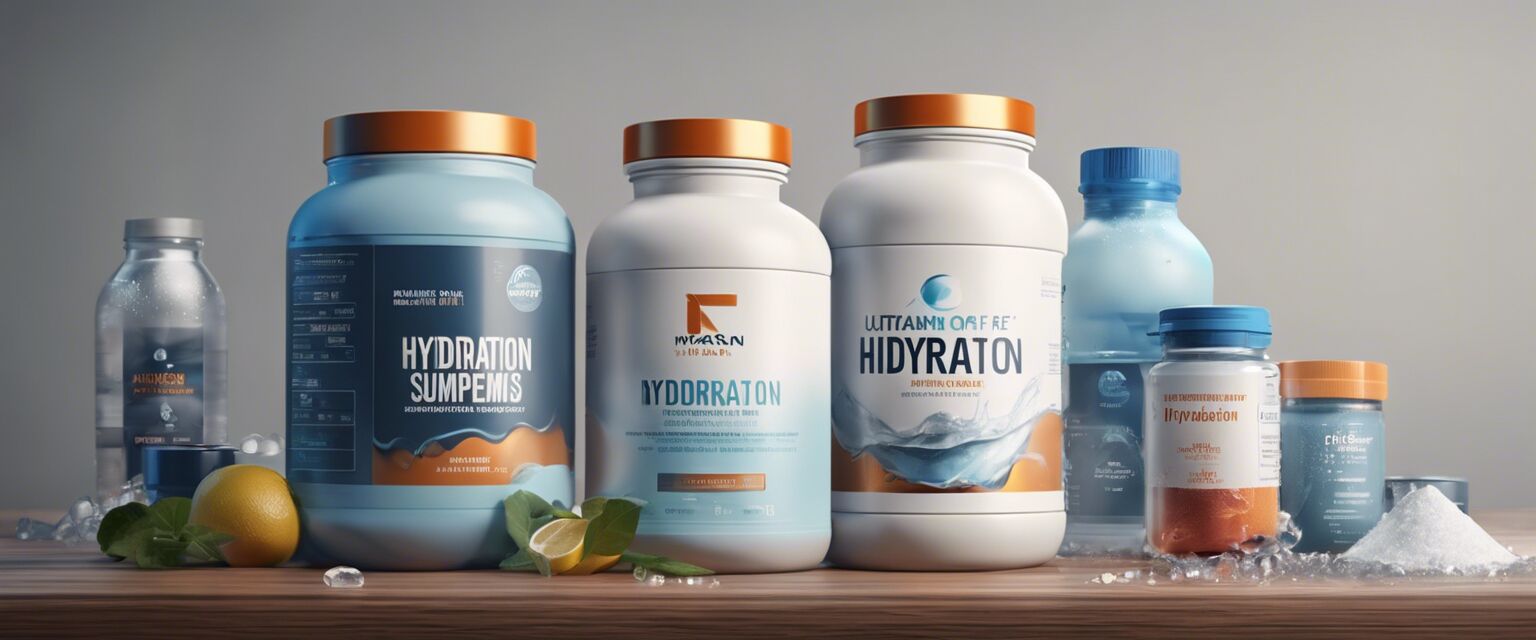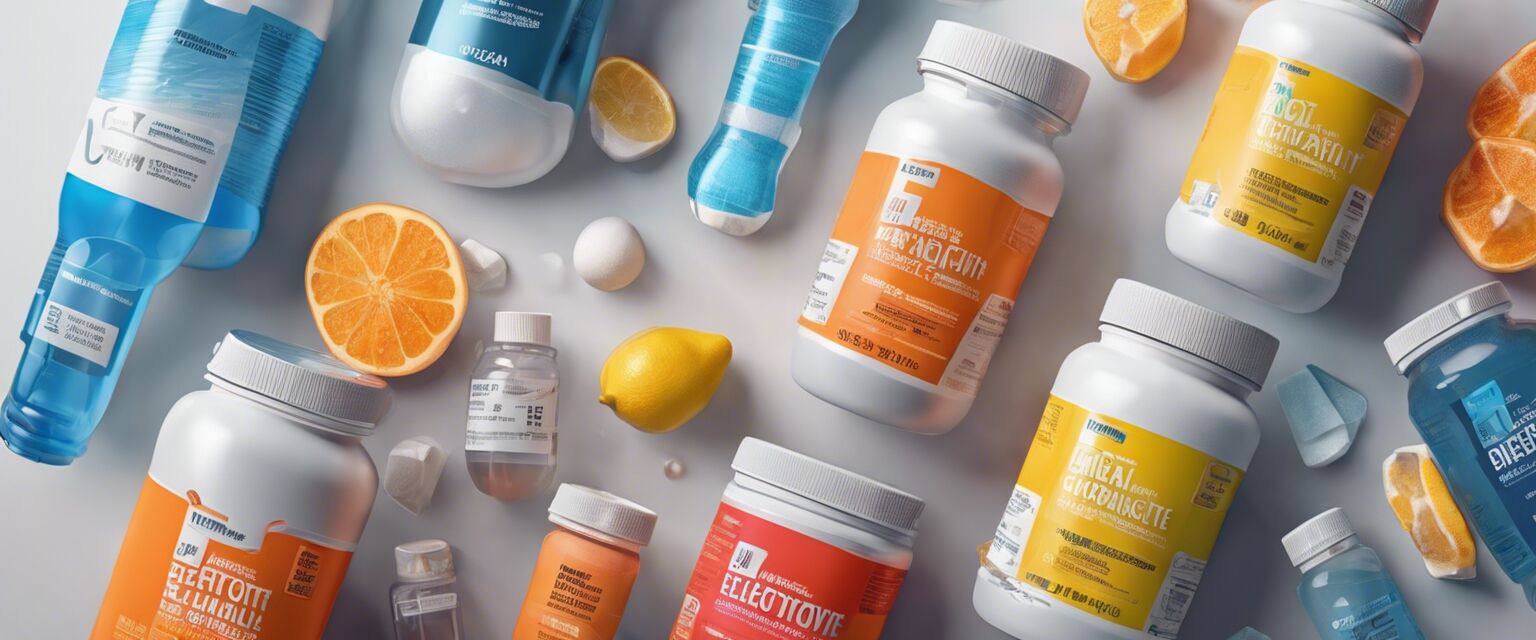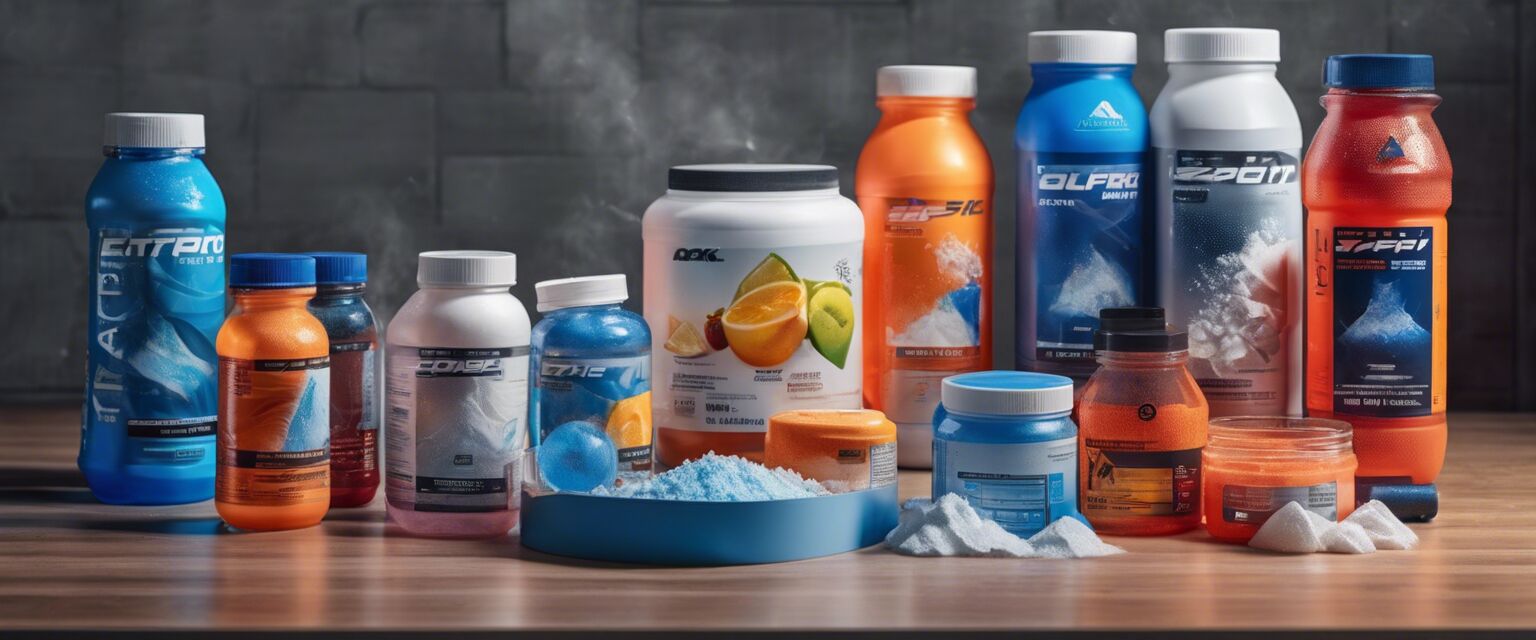
Importance of electrolytes for athletes
Key Takeaways
- Electrolytes play a crucial role in maintaining hydration and muscle function.
- They help prevent cramps and fatigue during intense physical activities.
- Common electrolytes include sodium, potassium, calcium, and magnesium.
- Hydration strategies should include electrolyte replenishment.
- Understanding your bodyâs needs can enhance performance and recovery.
Electrolytes are essential minerals that carry an electric charge and are vital for various bodily functions, especially for athletes. They help regulate nerve function, muscle contractions, hydration levels, and acid-base balance. In this article, we will explore the importance of electrolytes for athletes, the different types of electrolytes, how they impact performance, and tips for maintaining optimal levels during sports activities.
What are electrolytes?
Electrolytes are minerals found in your body fluids that help conduct electricity. They play a significant role in muscle function, hydration, and keeping your bodyâs pH levels in check. Here is a breakdown of the most common electrolytes:
| Electrolyte | Function | Sources |
|---|---|---|
| Sodium | Regulates fluid balance, aids muscle contractions | Salt, pickles, sports drinks |
| Potassium | Essential for muscle function and nerve signals | Bananas, oranges, spinach |
| Calcium | Supports bone health and muscle contractions | Dairy products, almonds, leafy greens |
| Magnesium | Involved in muscle and nerve function | Nuts, seeds, whole grains |
Why are electrolytes important for athletes?
During physical activity, especially in high-endurance sports, your body loses electrolytes through sweat. This loss can lead to dehydration, muscle cramps, and decreased performance. Here are some key reasons why electrolytes are vital for athletes:
- Hydration: Electrolytes help maintain fluid balance in the body. They assist in retaining water, preventing dehydration.
- Muscle function: Proper levels of electrolytes are necessary for muscle contractions. An imbalance can lead to cramps and fatigue.
- Nerve function: Electrolytes are essential for transmitting nerve signals, which help coordinate muscle movements.
- pH balance: They help maintain the body's acid-base balance, essential for optimal performance.
Signs of electrolyte imbalance
Recognizing the signs of electrolyte imbalance is crucial for athletes. Here are some common symptoms:
| Symptom | Potential Electrolyte Imbalance |
|---|---|
| Muscle cramps | Low sodium, potassium, or calcium |
| Fatigue | Low magnesium or potassium |
| Nausea | High sodium or low potassium |
| Headaches | Dehydration or low sodium |
How to replenish electrolytes
To maintain optimal electrolyte levels, athletes can adopt several strategies:
Tips for replenishing electrolytes
- Drink electrolyte-rich beverages before, during, and after workouts.
- Incorporate foods high in electrolytes into your diet, such as bananas, nuts, and dairy products.
- Consider using electrolyte powders or tablets during intense training sessions.
- Pay attention to your bodyâs signals and adjust your intake based on your activity level and environment.

Electrolyte drinks vs. powders
When choosing how to replenish electrolytes, athletes often face the decision between drinks and powders. Hereâs a comparison:
| Feature | Electrolyte Drinks | Electrolyte Powders |
|---|---|---|
| Convenience | Ready to drink | Mix with water |
| Flavor Variety | Typically limited | More options available |
| Sugar Content | Often higher | Can be low or no sugar |
| Cost | Generally more expensive | Usually cheaper per serving |
Conclusion
Electrolytes are essential for athletes, contributing to hydration, muscle function, and overall performance. Understanding the importance of these minerals can help you tailor your hydration strategies effectively. Whether you choose electrolyte drinks, powders, or natural food sources, ensuring you maintain proper electrolyte levels will enhance your athletic performance and recovery.
Pros
- Improved hydration and performance.
- Prevention of muscle cramps and fatigue.
- Convenient options available for replenishment.
- Support for nerve function and muscle contractions.
Cons
- Some electrolyte drinks may contain high sugar levels.
- Overconsumption can lead to imbalances.
- Cost of specialized electrolyte products can add up.

For more information on hydration products, check out our sections on Electrolyte Drinks, Electrolyte Powders, and Hydration Accessories. Understanding the different options can help you make informed choices about your hydration strategy.
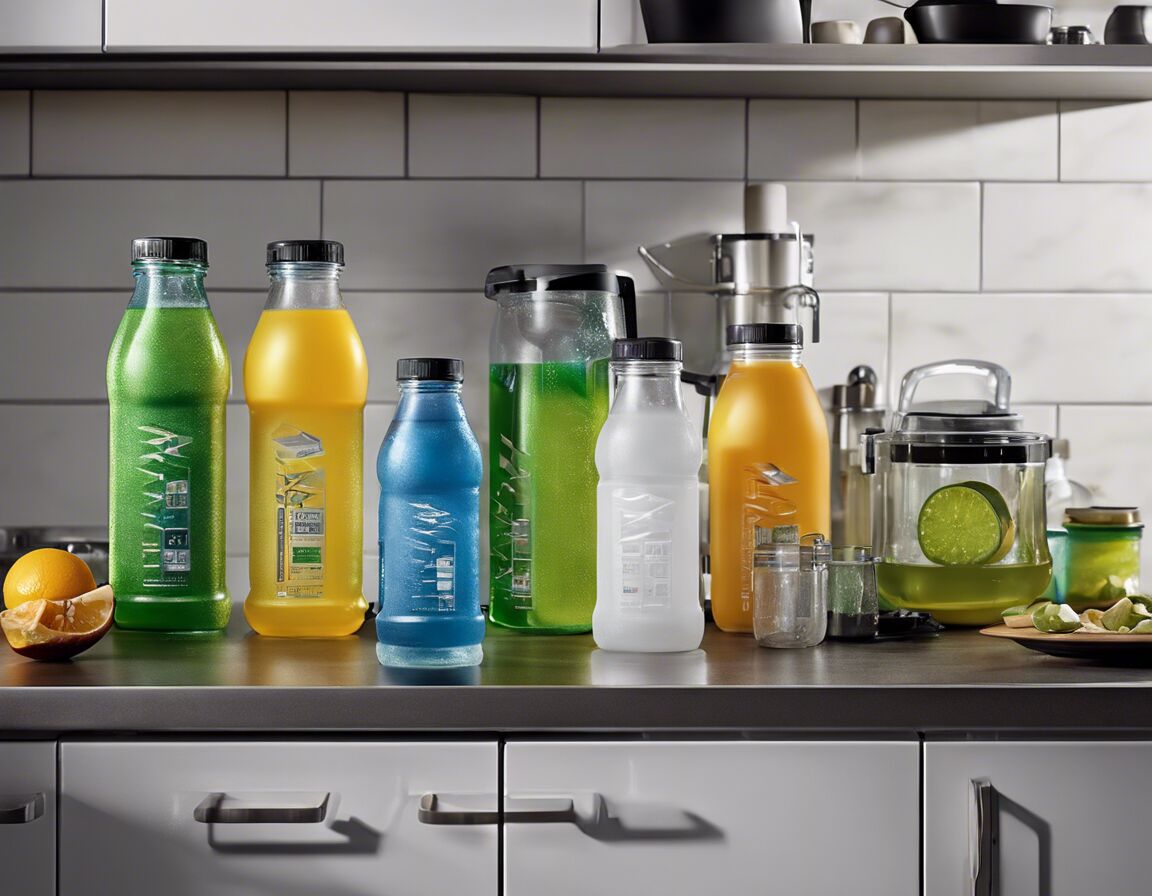
In conclusion, keeping your electrolytes balanced is key to achieving peak performance and staying healthy as an athlete. A well-structured hydration plan that incorporates electrolytes can make a significant difference in your workouts and competitions.

